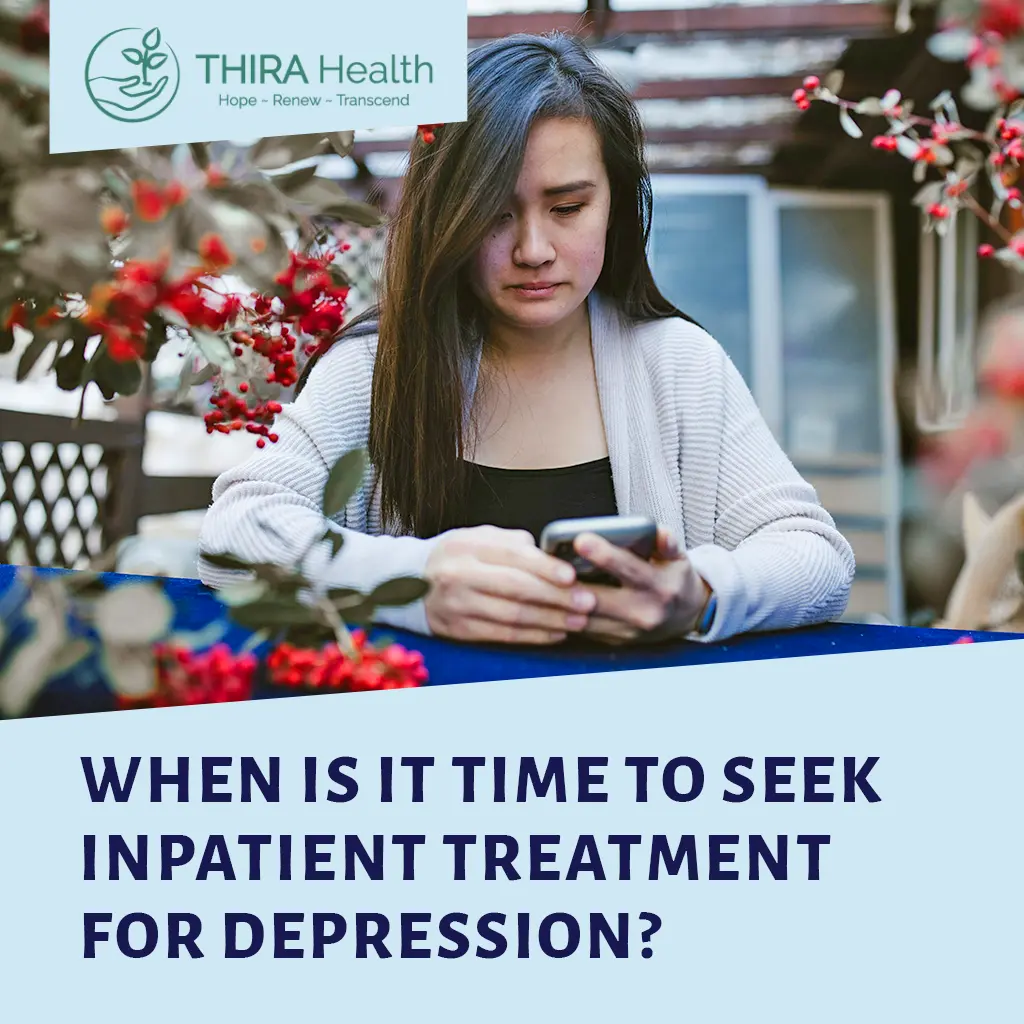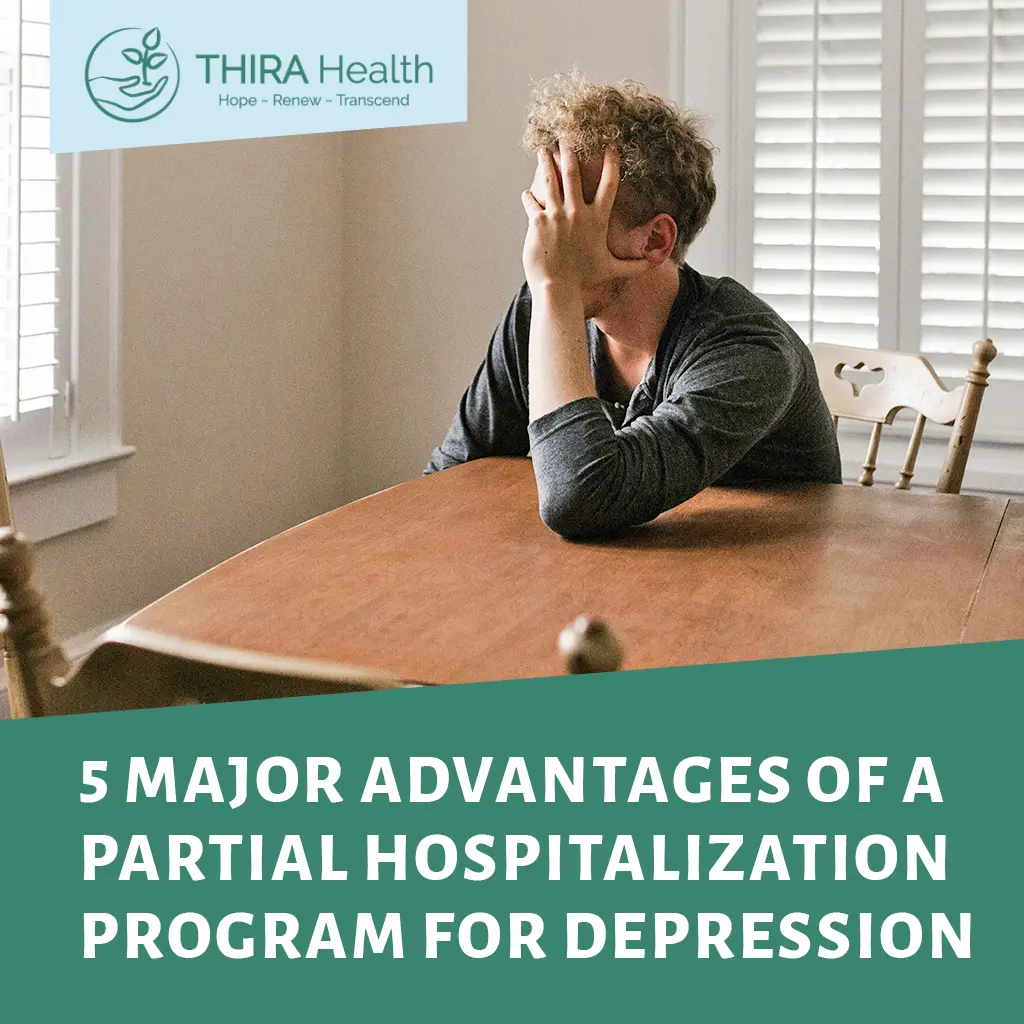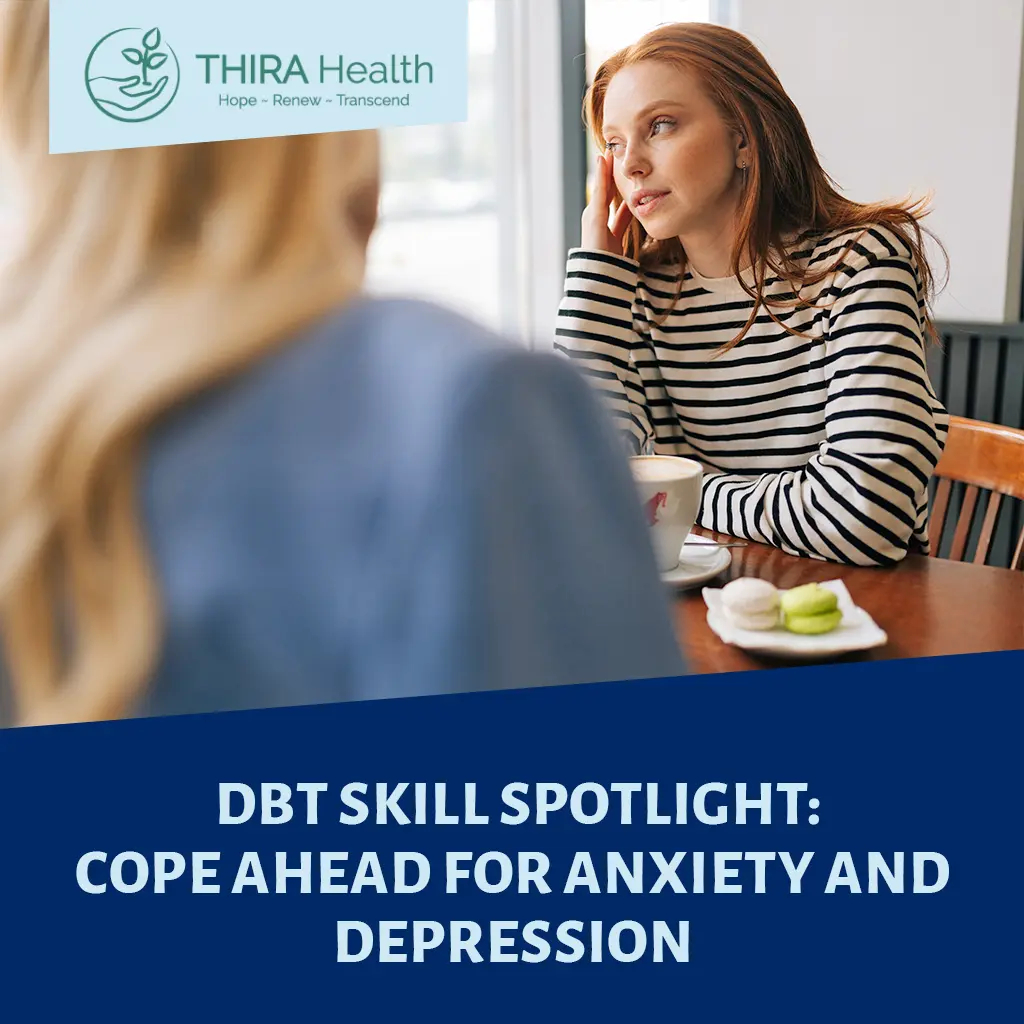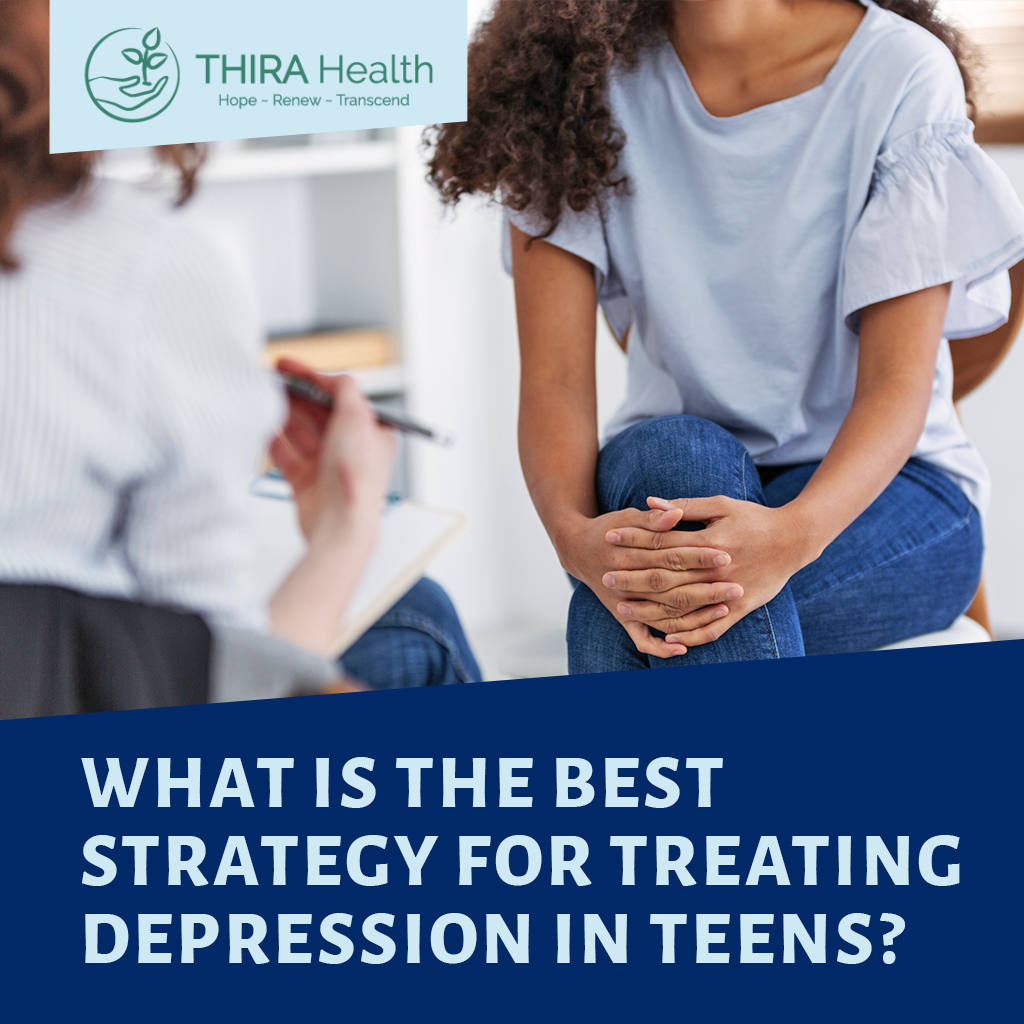
At THIRA Health, we follow all state and federal guidance regarding the pandemic, and add several layers of protection on top of those to ensure the utmost safety of our patients and staff; and we also make it a priority to create a transparent conversation about the needs of our clients, where they’re at in their journey, and how COVID has potentially changed their treatment.
So what has COVID changed for mental health treatment, and what might that mean for you?
Let’s talk about what we’ve learned and how it’s changed the way you can access your treatment in your home.
Confident uncertainty is the new gold standard
The gold standard in delivering meaningful mental health treatment is, and has always been, reliable and responsible care that successfully treats patient symptoms. Each person who comes through our doors puts their safety and outcome in our hands. We take their trust seriously. While COVID has changed the landscape of how we engage with your mental and physical health, it has not changed our commitment to our clients or our offering of high-quality care.
We can’t plan for the next new curve this pandemic may throw at us. Try as we might to anticipate surprises and head them off, it seems they continue to shift without warning. So we’ve leaned into the uncertainty of pandemic planning with a new mentality: confidence in our ability to adapt, adapt quickly, and adapt decisively.
THIRA monitors emerging and existing COVID conditions on a daily basis and make adjustments as needed, , whether that’s changing the way we offer support, altering our programs or schedules to ensure safety, modifying our facilities (as much as we possibly can) to accommodate our patients’ needs alongside the pandemic demands, and communicating those changes out to patients and staff so everyone is informed. We are confident that uncertainty is here to stay and committed to making that uncertainty work for us instead of against us.
Are you really “Safer at Home” when you don’t feel safe in your own head?
Initiatives and plans to have your entire life occur within the safety of your home were strong contenders (which fortunately were quickly discarded) in the early days of guidance; however, when you’re experiencing profound mental health symptoms, time spent alone or without respite from living situations that cause you to feel unsafe may worsen them.
Safeguarding against the mental health risks that isolation presents while maintaining responsive engagement with current pandemic restrictions is a puzzle with more than one solution.
Your mental health needs didn’t stop when the world did because of COVID
There was no time for the kinds of stops and starts that occurred in other industries in the early days of the pandemic. Caring for our patients’ mental health needs offered no timeout. Responsive care developed quickly so that facilities of every type could offer uninterrupted treatment where possible.
For some facilities, their adjustments meant a withdrawal from the outside world as policies were rewritten to accommodate purely online interactions. For others, those policies were painstakingly revised to allow continued access of care to those who need it most, while following the shifting landscape of government recommendations and maintaining a keen internal awareness of patient and staff needs. There’s no question how vital support for mental health was early on in the pandemic, and as time has marched forward, it’s only become more critical to provide accessible care.
Virtual resources make treatment more accessible than ever
The landscape of mental health treatment has undoubtedly shifted in favor of virtual support for many during the COVID pandemic. In many ways, this has expanded the accessibility and options available to those who may not have known how to access treatment before, or who were uncomfortable in face-to-face environments. When you can reach out for the help you crave without having to rely on transport, take time off work, or explain absences to a family with who you may not be ready to share your struggles, hope can take root. Virtual care has been a boon for many, including many THIRA patients.

COVID has proved one thing above all else: we are capable of overcoming. While the path to rewriting treatment for the needs of the future may not be clear, we march forward.
THIRA Health thrives because you’re willing to trust us. Our confidence is a tool we can harness as a collective, and no matter the changes ahead or behind us for mental health treatment, we know we’ll go together.
Learn more about THIRA Health’s COVID policies here, or contact us today.







